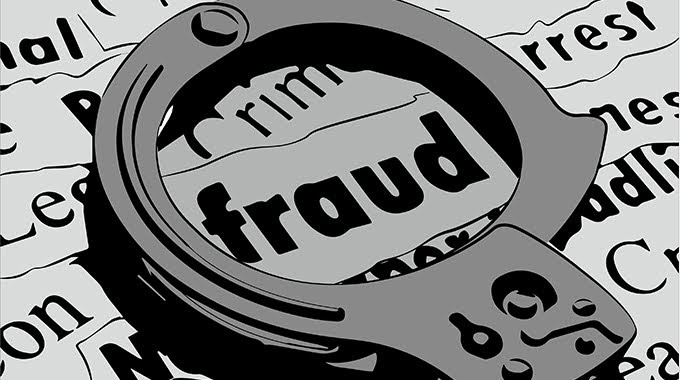Prosecutor exposes loophole in Maintenance Act

Tendai Rupapa Senior Court Reporter
A prosecutor who is facing criminal sanction for resisting paying maintenance is disputing the validity of the law under which he is being charged, arguing it is undefined to constitute an offence.
Edmore Nyazamba from the Prosecutor-General’s Office, who is in arrears of $250, has successfully applied for referral of his case to the Constitutional Court for interpretation or nullification of the disputed Section 23 (1) of the Maintenance Act.
He is arguing that the framing of the section that forms the offence is vague and is in breach of the right to a free and fair trial.
This, he said, was in breach of the provisions of the Constitution that deals with the rights of suspects hence his plea to have the section nullified.
The section provides that: “Subject to subsection (1) any person against whom an order to which this section applies has been made who fails to make any particular payment in terms of the order, shall be guilty of an offence and liable to imprisonment for a period not exceeding one year”.
“Subject to subsection (1) of which law?” argued Nyazamba. “It does not state, obviously it cannot be subject to itself.”
Mbare magistrate Ms Sharon Chipanga accepted Nyazamba’s argument and allowed the application for referral to the Constitutional Court for it to look into the defective law.
In his application for referral, Nyazamba said: “A reading of Section 23 (1) of the Act shows that the subsection is ‘subject to a certain subsection.
“The law giver clearly intended that subsection to be subordinate to some subsection, either of that section or any other section in the Act or any other statute.
“It follows, therefore, that the subsection referred to Section 23 (1) which cannot be identified in the Act might contain certain preconditions for the charge to be competent.”
Mr Nyazamba further argued that the subsection might contain some available defences or presumptions that might be favourable to the applicant or even the State.
“The missing part could have a provision of a fine, community service, suspended sentence or warning, but because it is not stated, how do we know the intention of the legislator,” he said.
“Applicant cannot perceive fairness of the trial when the law creating the offence is so vague.”
The matter is yet to be set down at the Concourt.









Comments